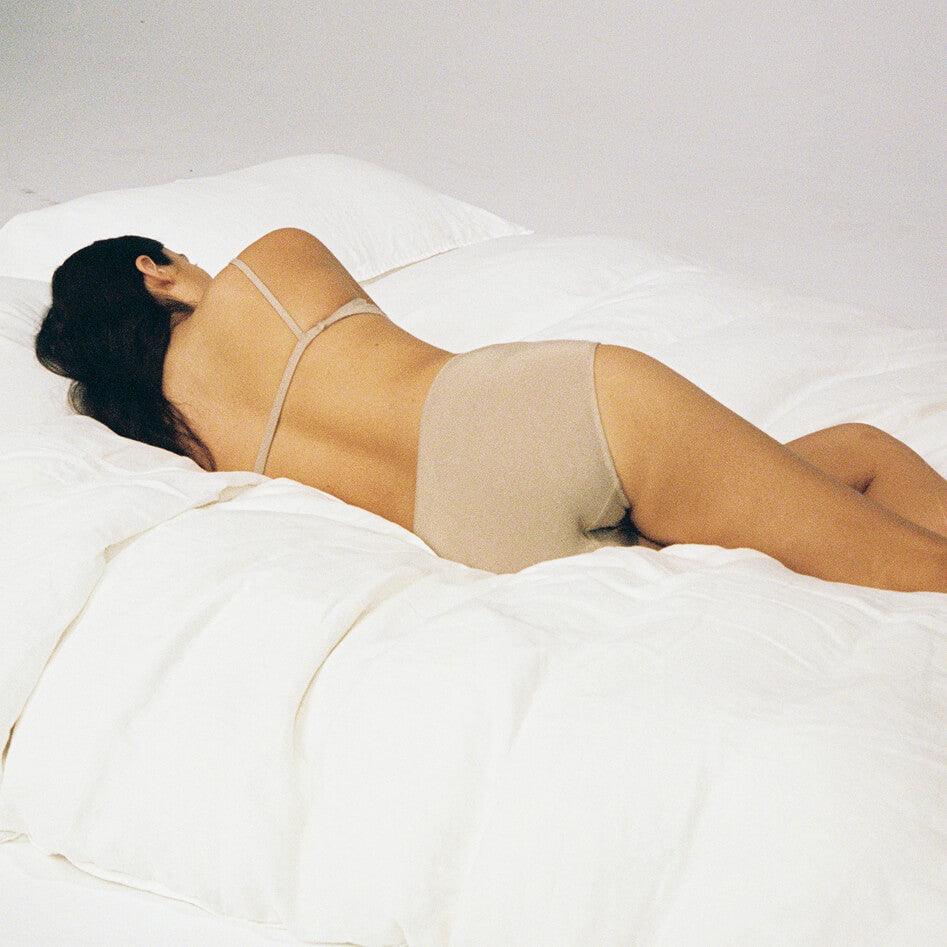This pandemic has brought many challenges to us all. As societal creatures, the lack of contact with others is having far reaching effects. Chatting via a screen doesn't paint the full picture of what we require as Homo sapiens. So much is missed without body language and chemistry, our mental health is suffering. Exercise is a great moderator to keep low moods at bay, but can quickly become routine and mundane without variation.
We’re going to run a four part series on the basis of movement to keep you in check day-to-day and for the foreseeable future.
Part 1: We Need to Keep Moving
Descartes wrote “I think; therefore I am”. But we have become so caught up in this philosophy that many of us have forgotten our bodies along the way.
Did you know that the earliest recordings of the chair date back as far as 3000 B.C? Originally meant for kings the chair has become a necessity to almost everything we do, and something so innocent (and comfy) has become a backdrop for many of our problems. Technology has allowed stationary jobs and a sedentary lifestyle of which our ancestors could never have imagined, but our bodies are rebelling - "lower back pain is now the single most leading cause of disability throughout the world.” quoted from the book Primate Change
We’re meant for movement and when we don’t move muscles and tendons tighten, some become too strong whilst others consistently weaker. Yoga speaks of union and we are out of balance within ourselves.
So how do we cure this ill? Start by moving a lot more.
There is research to suggest running is baked into our genes. Many studies show the health benefits of exercise, so why do we find it so hard to get motivated?
We have become prisoners of Descartes philosophy, we sit and think, watch, chat, write, play - but when do we get off the chair?
Here’s a list of things to consider:
Less Sitting
Try to avoid activities that have you sitting for long periods of time. Ideally you should move every 20 minutes. It can be a little difficult if your knee deep in a big project, but taking regular small breaks is great for refreshing the brain and giving your eyes a much needed rest, plus you can do some stretches whilst you make yourself a cuppa ☕
And there are apps to help break up screen time (Apple, Windows)
Less Talk More Walk
Try to go out for a brisk walk everyday(even if it’s raining), it’s great for your spine and knees and generally helps your wellbeing. Plus you’ll be consuming vital vitamins and freshly oxygenated air; a combination to help you feel good. Vitamin D and walks in nature do wonders for mental health.
Consider a different working environment
Have you considered how you’re working? Why not grab a mirror and take a look at yourself as you work on your computer, take note of your alignment, classic areas to look out for:
- Hunched shoulders
- Head and chin pointing forward over your chest
- Slouching forward or backward in your chair
- Arms/wrists elevated or too low
If you find you keep slipping back into old habits, maybe take a break from sitting and try standing for a while, you could do this all day (a mini-workout in itself.)
Try Barefoot More Often
When was the last time you went barefoot outside? Our feet are complex sensory tools that have been almost forgotten about, but are great for grounding and feeling we’re at one with the earth, plus they give excellent feedback to our legs. It’s worth considering if your foot is covered in 3 inches of rubber from trainers, how can they give appropriate feedback to your legs? (more on that in our next blog).
Maybe it’s time we use a different philosophy, the dutch philosopher Baruch Spinoza wrote
“I feel; therefore I am” and we wholeheartedly agree 🙏🏾🙏🏻
In part 2 we will look in-depth into running and how to do it properly. As strange as it may sound we’ve forgotten how. 🏃🏻♀️








